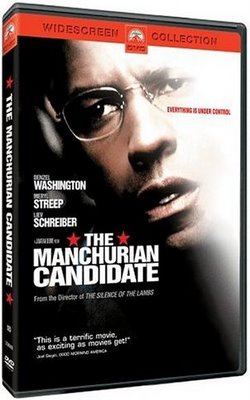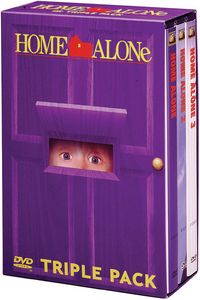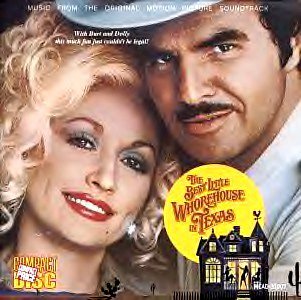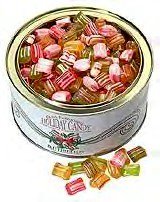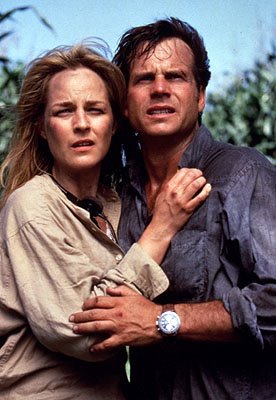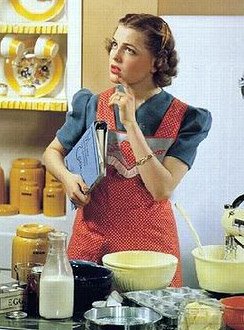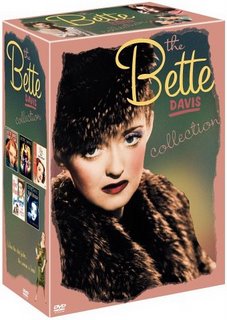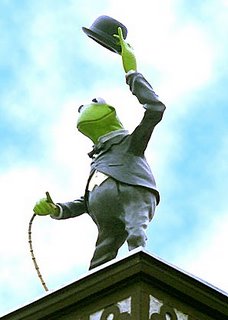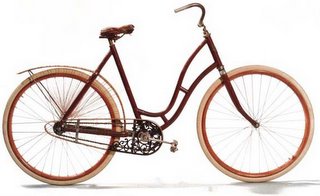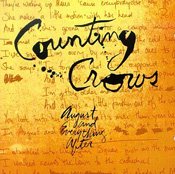We’d picked the fruit together, when he took me for a ride through the mud in his new Mule, showing off a pricey set of upgraded swamp tires. If I were a little girl, I would have clung to the roller bar and squealed in terror. Instead I wondered why there was a roller bar. I made a mental note to research the statistics on tipping these silly machines I would later report back to my mother.
It’s never easy getting on a plane. This might have something to do with the seats getting smaller while my butt keeps getting bigger. It might be about the way I always traveled first class back when I was a journalist, where you get hot nuts and bottomless Bloody Marys, and a "flight attendant" who understands very well this is just a fancier term for "waitress."
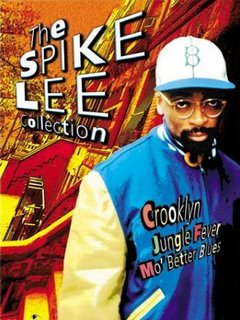 More likely, though, it’s that even after all this time returning to L.A. never really feels like coming home. Like some starstruck newcomer, I took a wrong turn exiting the airport and ended up in Redondo Beach. When I finally made my way back toward the West Side, I passed Spike Lee’s landmark Meaty Meat Burgers on Fairfax and noticed its long boarded up windows tagged with graffiti. I remember my sister pointing out the one time hipster hangout the first time I visited her here. What a groovy town, I thought—picturing Spike himself at the griddle flipping burgers while personally re-claiming the hood.
More likely, though, it’s that even after all this time returning to L.A. never really feels like coming home. Like some starstruck newcomer, I took a wrong turn exiting the airport and ended up in Redondo Beach. When I finally made my way back toward the West Side, I passed Spike Lee’s landmark Meaty Meat Burgers on Fairfax and noticed its long boarded up windows tagged with graffiti. I remember my sister pointing out the one time hipster hangout the first time I visited her here. What a groovy town, I thought—picturing Spike himself at the griddle flipping burgers while personally re-claiming the hood.Tomorrow is my tenth anniversary in Hollywood. Traveling by car, I had hit Phoenix at sunset on New Year’s Eve and thought about skipping the roadside motel—reasoning that I could make it by midnight if I could only pick up the pace. On good days, I still believe that. On bad days I realize how very long a ride it’s been, and here I still haven’t made it. How easy it would be to run back home and be a little girl again, to grab onto that roller bar and shriek at the top of my lungs. Which makes me wonder why I couldn’t manage a peep when given the chance.
 Along with my little brown bag, Dad sent me off this last time with a bear hug, yet another sizeable check and an apology for the surprise visit to his grave on Christmas Day. “I only wanted you to see my name in print,” he said. I should have said I understood. I didn’t say anything, except goodbye.
Along with my little brown bag, Dad sent me off this last time with a bear hug, yet another sizeable check and an apology for the surprise visit to his grave on Christmas Day. “I only wanted you to see my name in print,” he said. I should have said I understood. I didn’t say anything, except goodbye.






